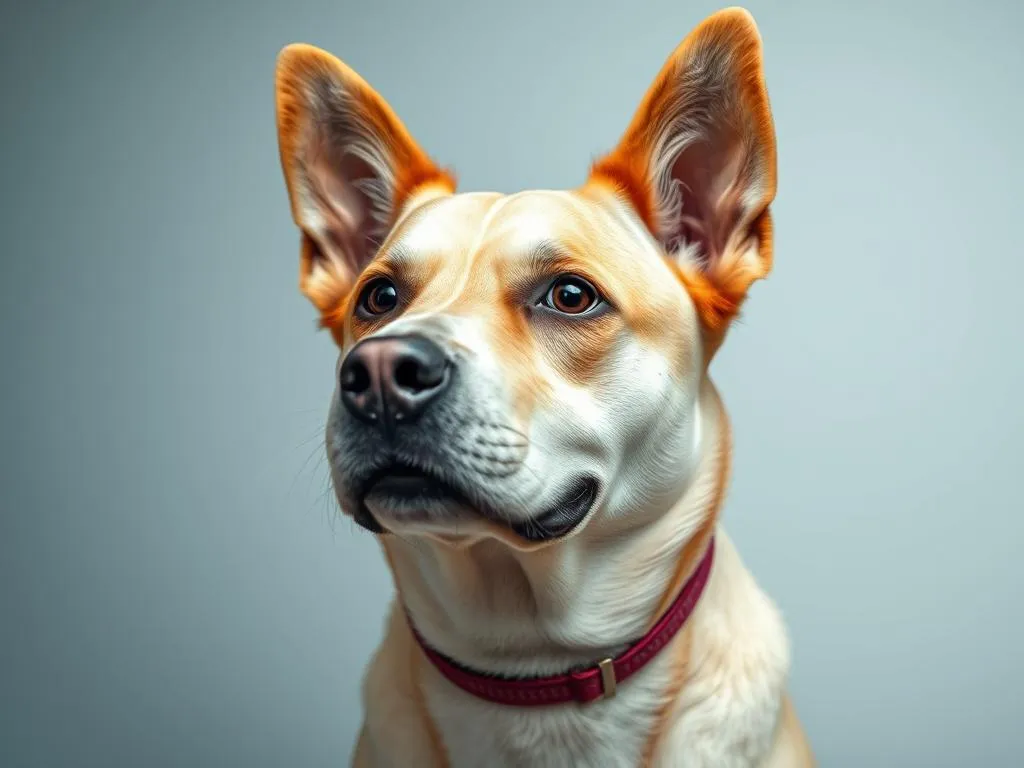
Dog ownership has become a cherished aspect of life for many in the UK. With around 12 million pet dogs, these furry companions bring joy, loyalty, and comfort to families across the nation. However, with the joy of dog ownership comes a significant financial commitment. Understanding how much does it cost to own dogs UK is crucial for prospective pet owners. This article delves into the various costs associated with dog ownership, from initial expenses to ongoing monthly costs, additional considerations, and long-term financial planning.
Initial Costs of Dog Ownership
Purchase or Adoption Fees
One of the first financial commitments of dog ownership is the initial purchase or adoption fee. Prices can vary significantly based on whether you choose to buy from a breeder or adopt from a rescue or shelter.
-
Buying from a Breeder: Purebred dogs from reputable breeders can cost anywhere from £500 to over £3,000, depending on the breed and pedigree. Popular breeds like Labrador Retrievers or French Bulldogs tend to be more expensive due to demand.
-
Adopting from a Shelter: Adoption fees are generally much lower, ranging from £50 to £250. This fee often includes vaccinations, microchipping, and sometimes even spaying or neutering, making it a cost-effective choice.
Factors such as location and the dog’s age also play a role in determining the price. Puppies typically cost more than older dogs, and certain breeds may attract higher fees due to their popularity.
Essential Supplies
Once you’ve secured your new furry friend, essential supplies are necessary to ensure their comfort and well-being. Here’s a breakdown of common initial purchases:
| Item | Estimated Cost |
|---|---|
| Food and water bowls | £10 – £30 |
| Leash and collar | £10 – £25 |
| Dog bed | £20 – £100 |
| Crate | £30 – £70 |
| Toys | £10 – £50 |
These costs can vary based on the quality and brand of the items you choose. Investing in good-quality supplies can enhance your dog’s comfort and happiness.
Initial Veterinary Costs
Taking your new dog for an initial vet check-up is essential. This includes vaccinations, health checks, and other necessary services:
-
Vaccinations: Initial vaccinations can cost between £50 and £100, depending on the number of shots required.
-
Spaying/Neutering: This procedure typically costs between £100 and £300, depending on the dog’s size and the clinic.
-
Microchipping: The cost of microchipping is usually around £20 to £30, a vital step to ensure your dog’s safety.
Ensuring your new pet is healthy and well-cared for from the start is crucial and sets the stage for a happy life together.
Ongoing Monthly Costs
Food and Nutrition
One of the most significant ongoing expenses is dog food. The average monthly cost for dog food can vary based on the size and dietary needs of your pet:
- Small Dogs: £15 – £30 per month
- Medium Dogs: £30 – £50 per month
- Large Dogs: £50 – £100 per month
Choosing between premium and budget brands can affect these costs. While budget brands may save you money upfront, premium foods often provide better nutrition, which can lead to long-term health benefits.
Routine Veterinary Care
Regular veterinary check-ups are vital for your dog’s health. Expect to budget for:
- Annual Check-ups: These can cost between £40 and £100.
- Vaccinations: Annual boosters typically range from £30 to £60.
- Preventative Medications: Flea and tick prevention can cost around £10 to £30 monthly, while heartworm medication is approximately £15 to £25.
Maintaining your dog’s health through routine care can prevent more significant expenses down the line.
Grooming Costs
Grooming requirements vary significantly between breeds. Long-haired breeds may require more frequent grooming, leading to higher costs:
- Professional Grooming: This can range from £30 to £80 per session, depending on the breed and services required.
- DIY Grooming Supplies: Basic grooming tools can cost around £20 to £50.
If you prefer to groom your dog yourself, investing in quality grooming supplies can save money in the long run.
Training and Socialization
Training is an essential part of dog ownership, ensuring your pet is well-behaved and socially adjusted. Costs may include:
- Obedience Classes: These typically range from £50 to £200 for a series of classes.
- Professional Training Services: Hiring a trainer can cost £30 to £100 per session.
Socialization is equally important, and investing in training can lead to a happier, more manageable pet.
Pet Insurance
Pet insurance is a crucial consideration for dog owners. It helps mitigate unexpected veterinary expenses. The average monthly premium for pet insurance ranges from £20 to £50, depending on the level of coverage and the dog’s breed. Many policies cover:
- Routine check-ups
- Emergency care
- Surgeries
While pet insurance is an added expense, it can provide peace of mind and financial protection.
Additional Costs to Consider
Boarding and Pet Sitting
When traveling, you may need to consider boarding your dog or hiring a pet sitter. Costs can vary widely based on location and services:
- Boarding Facilities: Prices can range from £15 to £50 per day.
- Pet Sitting Services: Typically, these can cost between £10 and £25 per visit.
Having a plan for your dog’s care while you are away is essential to ensure their well-being.
Emergency and Unexpected Expenses
No matter how well you plan, unexpected expenses can arise. It’s crucial to budget for unforeseen veterinary bills, which can range from £100 to several thousand pounds, depending on the situation (e.g., accidents, illnesses). Having an emergency fund specifically for your pet can alleviate stress during these times.
Miscellaneous Costs
Several other costs may arise throughout your dog ownership journey:
- Dog Walking Services: If you’re unable to walk your dog regularly, hiring a dog walker can cost £10 to £20 per walk.
- Dog-Friendly Travel Costs: If you plan to travel with your dog, consider expenses such as dog-friendly accommodations and travel fees.
- Licensing and Registration Fees: Depending on your local council, licensing can cost £10 to £20 annually.
Being aware of these potential expenses can help you prepare financially for dog ownership.
Long-term Financial Commitment
Lifespan Considerations
The average lifespan of a dog in the UK ranges from 10 to 15 years, depending on the breed. This longevity underscores the importance of understanding the long-term financial commitment involved. Over a dog’s lifetime, you can expect to spend anywhere from £15,000 to £30,000 or more, depending on the factors discussed.
Planning for Future Expenses
Creating a financial plan is vital for dog ownership. Consider these tips:
- Set a Budget: Outline all expected monthly and yearly expenses.
- Emergency Fund: Aim to set aside funds specifically for unexpected veterinary bills.
- Review Regularly: As your dog ages, your expenses may change. Regularly reviewing your budget can ensure you’re prepared for future costs.
Planning ahead can help you manage the financial aspects of dog ownership more effectively.
Conclusion
Owning a dog can be one of the most rewarding experiences in life, but it’s essential to recognize the financial commitment involved. From initial costs like purchase fees and essential supplies to ongoing monthly expenses for food, veterinary care, and grooming, understanding how much does it cost to own dogs UK is crucial for prospective pet owners.
Taking the time to consider all costs before deciding to adopt or purchase a dog will lead to a more successful and fulfilling pet ownership experience. Despite the expenses, the joy, companionship, and unconditional love that dogs bring into our lives make them truly invaluable.
FAQs
How can I save money as a dog owner?
- Consider adopting from a shelter to reduce initial costs.
- Look for bulk buying options for dog food and supplies.
- Learn to groom your dog at home to save on grooming expenses.
Are there any government benefits or assistance for pet owners?
Currently, there are limited government benefits specifically for pet owners. However, certain local councils may offer reduced fees for dog licenses or assistance with veterinary care for low-income families.
What are the financial implications of adopting versus buying a dog?
Adopting a dog is generally less expensive than buying from a breeder. Adoption fees often include vaccinations and spaying/neutering, making it a more economical option. In contrast, purchasing a dog can involve higher initial costs, especially for purebred or pedigree breeds. However, both routes come with long-term financial commitments that need to be considered.









